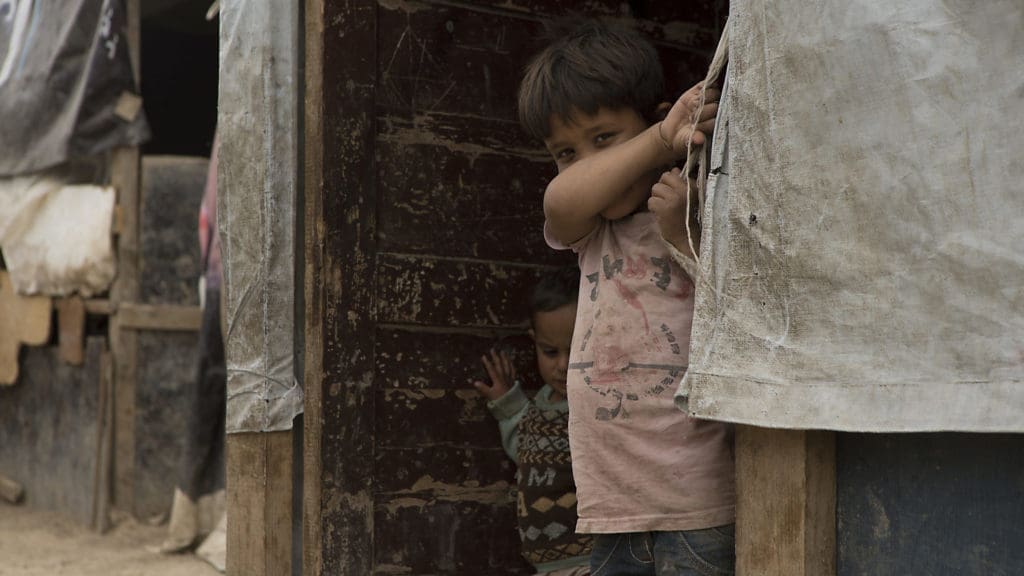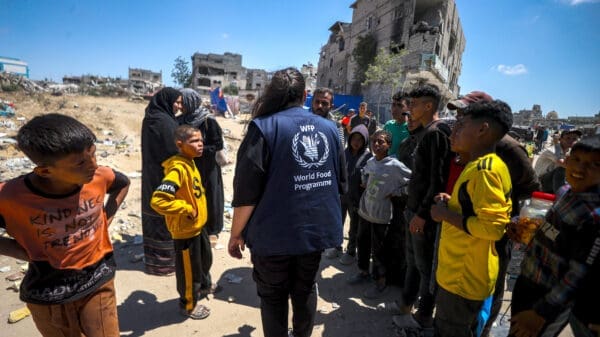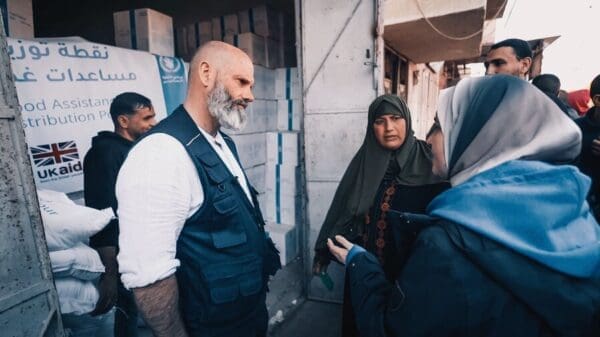Statement From WFP USA CEO on Explosion in Lebanon

We are extremely saddened by the immense devastation and loss caused by an explosion at the Port of Beirut in Lebanon on Tuesday August 4, 2020. Thousands of people have become homeless overnight, were injured or lost loved ones in the blasts. Massive amounts of stored food that the country depends on were also lost in the explosion.
These devastating events come as Lebanon faces its worst financial crisis in a generation, devaluation of the Lebanese currency (which has lost 80 percent of its value since October), soaring unemployment and thousands of families struggling to make ends meet. Lebanon relies on imports for nearly 85 percent of its food and even before this devastation, food prices were skyrocketing and families had to choose to feed their children or maintain a place to live.
The extensive damage to the Port of Beirut – the largest port in the country – will restrict the flow of food supplies and push food prices beyond the reach of hungry families.
One million people in Lebanon were already living below the poverty line, and now lockdowns due to COVID-19 are pushing millions more into dire circumstances. A recent United Nations World Food Programme (WFP) survey found that food has become “a major source of concern” for everyday people. A full fifty percent of people said they are worried they won’t have enough food to eat.
In the coming days, the U.N. World Food Programme will be allocating food parcels for 5,000 affected families. Each food package is enough to feed a family of five for one month with basic food items such as rice, pasta, bulgur, lentils, beans, chickpeas, tuna, vegetable oil, sugar, salt and tomato paste. We are working at breakneck speed to deliver flour and grains to local bakeries and mills so they can prepare food for victims as the country works to rebuild. We are also working closely with our U.N. Lebanese team and the Government of Lebanon to coordinate our ongoing emergency response, particularly focusing on ramping up our existing cash and food programs.
While the Port of Beirut and food storage may have been destroyed, WPF’s current programs in Lebanon continue. We are providing emergency food assistance to 50,000 of the most vulnerable Lebanese families with plans to reach as many as 250,000 people. We have partnered with the Education ministry to distribute emergency food packages to the families of 13,000 students who were enrolled in our school meals program before the pandemic. And, we are continuing our food e-card program which currently provides 107,000 Lebanese people with pre-loaded debit cards that they can use at local stores.
We have also increased the amount of money on e-cards from $27 to $46 dollars, so families can cope with rising inflation.
As always, the U.N. World Food Programme is constantly evaluating the situation on the ground and stands ready to provide as much support as it can for thousands of people in Beirut who urgently need assistance during these difficult times.
We’re calling on the American people to please give their most generous gift today so we can rush lifesaving food to the people of Beirut. A gift of $75 can provide an emergency box of food that can feed a family for the next month. Please donate today.




